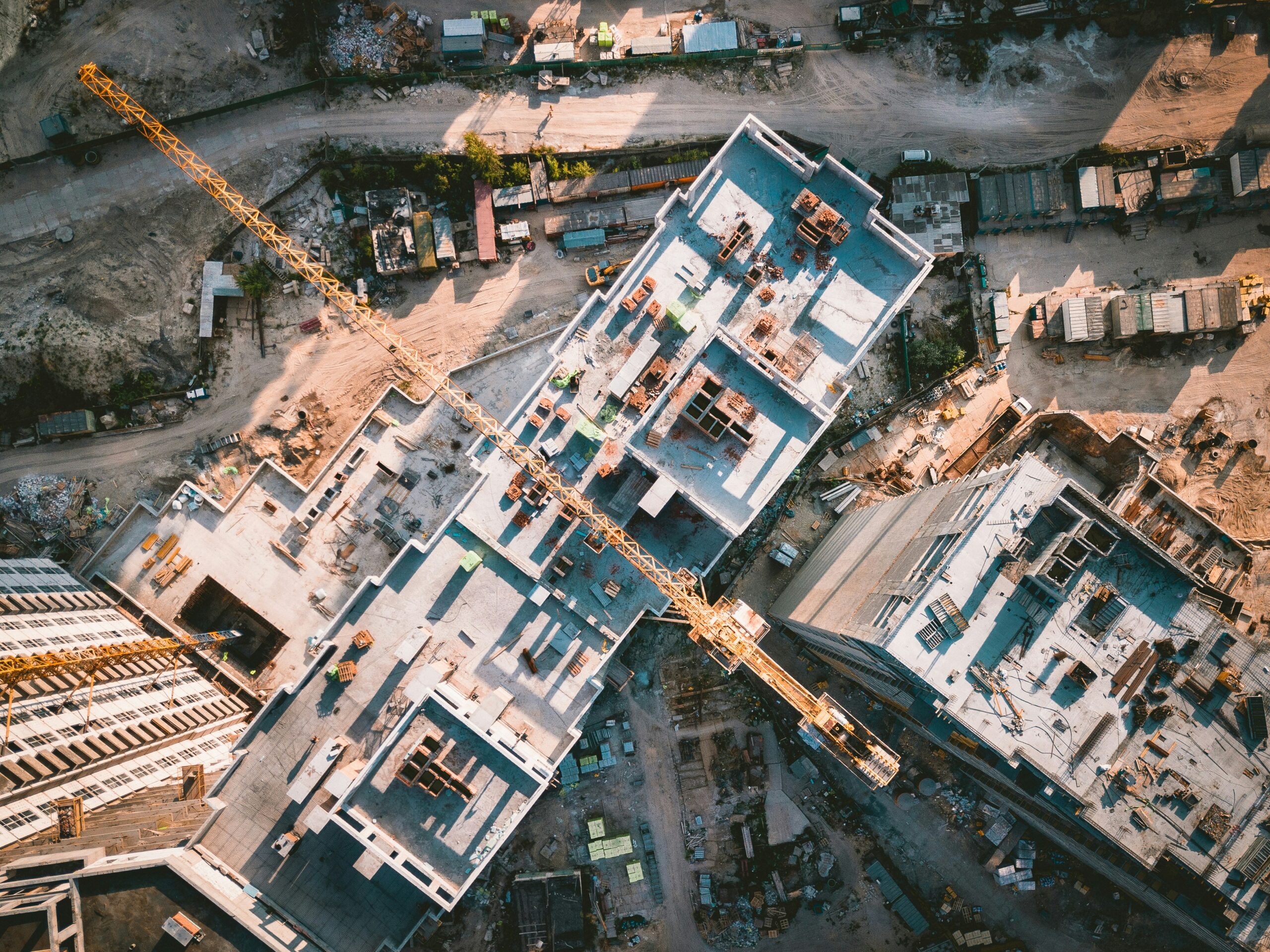November 3, 2024
How Mayor Karen Bass’s ED1 Initiative is Transforming Los Angeles Real Estate Development

As Los Angeles faces an urgent housing crisis, Mayor Karen Bass’s Executive Directive 1 (ED1) is reshaping the city’s approach to real estate development and urban revitalization. Launched as a primary response to housing shortages and rising rents, the ED1 initiative emphasizes the fast-tracking of affordable housing development, facilitating public-private partnerships, and prioritizing mixed-use projects that can stimulate the local economy while addressing homelessness. This new directive is a landmark approach, showcasing how city policy can drive sustainable urban development and revitalize underutilized properties to support community needs.
1. Expedited Permitting Process for Affordable Housing
A core component of the ED1 initiative is the streamlined permitting for affordable housing projects, enabling developers to sidestep prolonged approval timelines. The focus on “fast-tracking” permits aligns with Karen Bass’s goal of creating 10,000 new affordable housing units, an ambitious target that aims to reduce construction timelines for developers committed to building affordable units. This approach not only accelerates housing availability but also supports the economic framework of Los Angeles by incentivizing investment in affordable housing.
2. Public-Private Partnerships in Real Estate Development
The ED1 directive promotes collaborative partnerships between the city, developers, and community organizations to bring low-income housing to areas in need. By facilitating public-private partnerships, the initiative creates a pathway for developers to access city resources and tax incentives, such as tax increment financing (TIF) and density bonuses, which can make affordable housing projects financially viable.
This strategy aligns with the trend of mixed-use development projects, where developers can integrate residential, commercial, and public spaces within single developments. Mixed-use projects contribute to economic diversification and attract commercial real estate investors, creating a ripple effect that drives local business growth and generates jobs within the community.
3. Repurposing Vacant and Underutilized Properties
The ED1 initiative identifies vacant and underutilized properties throughout Los Angeles as key opportunities for development. With this approach, ED1 promotes the adaptive reuse of vacant buildings and underdeveloped sites—offering developers a path to rezone and repurpose these spaces into affordable housing. This is particularly relevant for the conversion of commercial real estate buildings, such as empty office spaces, into residential units, which is gaining popularity as remote work has reduced office demand.
By reactivating these properties, ED1 supports both neighborhood revitalization and urban density, making LA more livable and vibrant while simultaneously addressing the housing shortage.
4. Incentives for Sustainable Development
Sustainability is another priority of the ED1 initiative, with incentives for projects that meet green building standards and promote energy efficiency. The ED1 directive encourages the use of renewable materials and environmentally friendly practices in construction, making sustainable development a feasible goal for developers. Green building incentives help reduce operational costs for developers and create healthier living spaces for residents, meeting the city’s goals for long-term sustainability and reducing the city’s carbon footprint.
5. Addressing Homelessness Through Housing First
At its core, ED1 prioritizes a Housing First approach, with the goal of providing immediate housing options for Los Angeles’s homeless population. Mayor Bass has made clear that increasing the availability of affordable housing is the most critical solution to homelessness. ED1’s focus on affordable housing development offers developers a way to engage directly with the city’s goals, creating opportunities for investment in low-income housing projects that address critical social needs.
The Future of Los Angeles Real Estate Development Under ED1
Mayor Karen Bass’s ED1 initiative signals a transformative shift in Los Angeles’s approach to real estate development. For developers, it represents both a challenge and an opportunity: the chance to align with city objectives for housing and community welfare, while contributing to LA’s economic growth. By focusing on affordable housing, sustainable development, and public-private collaboration, ED1 is not only addressing immediate housing needs but also paving the way for long-term urban vitality in Los Angeles.
For real estate investors and development firms, this directive is a significant step forward, aligning the city’s resources with market incentives to create a thriving, more inclusive Los Angeles.